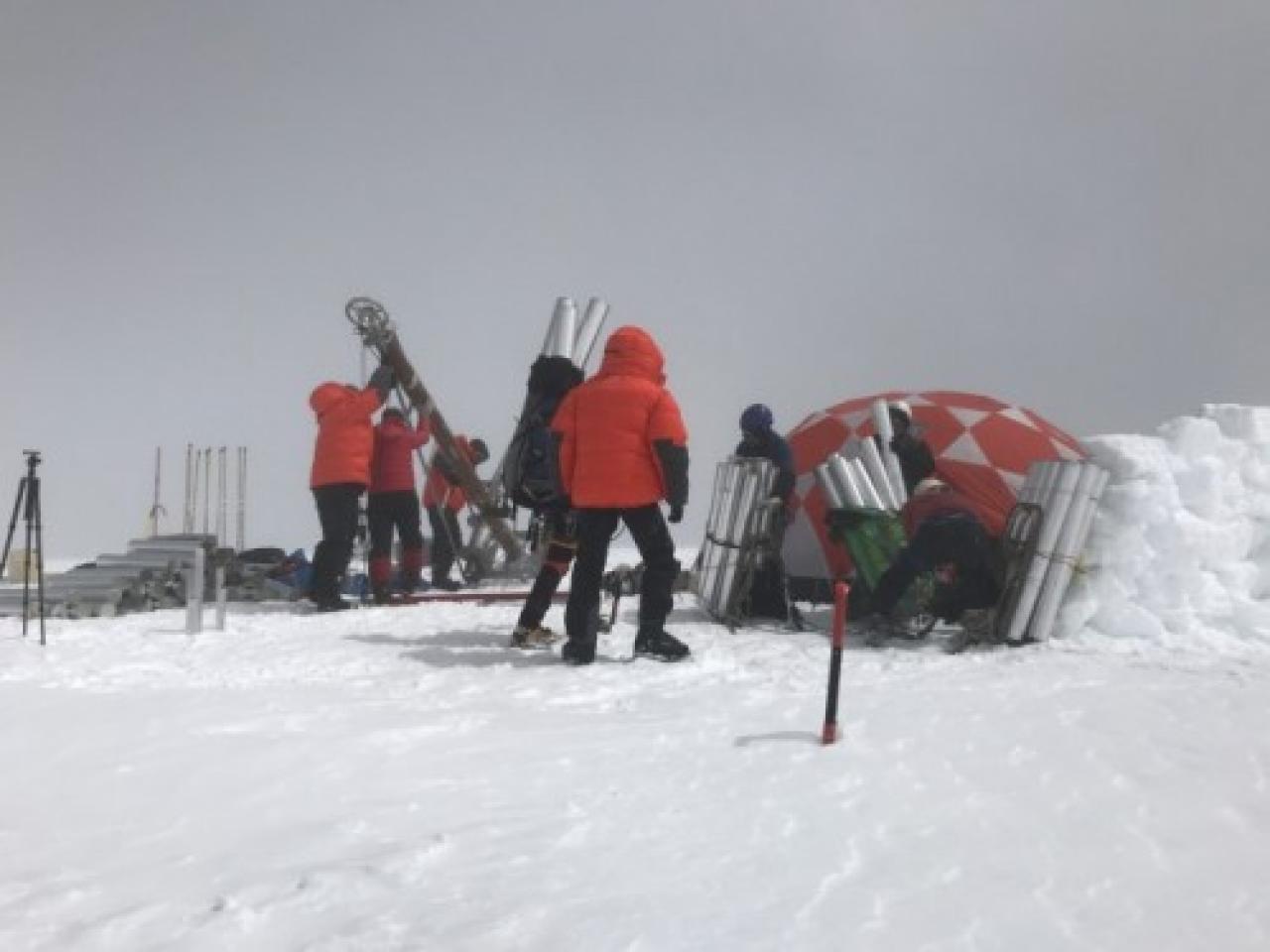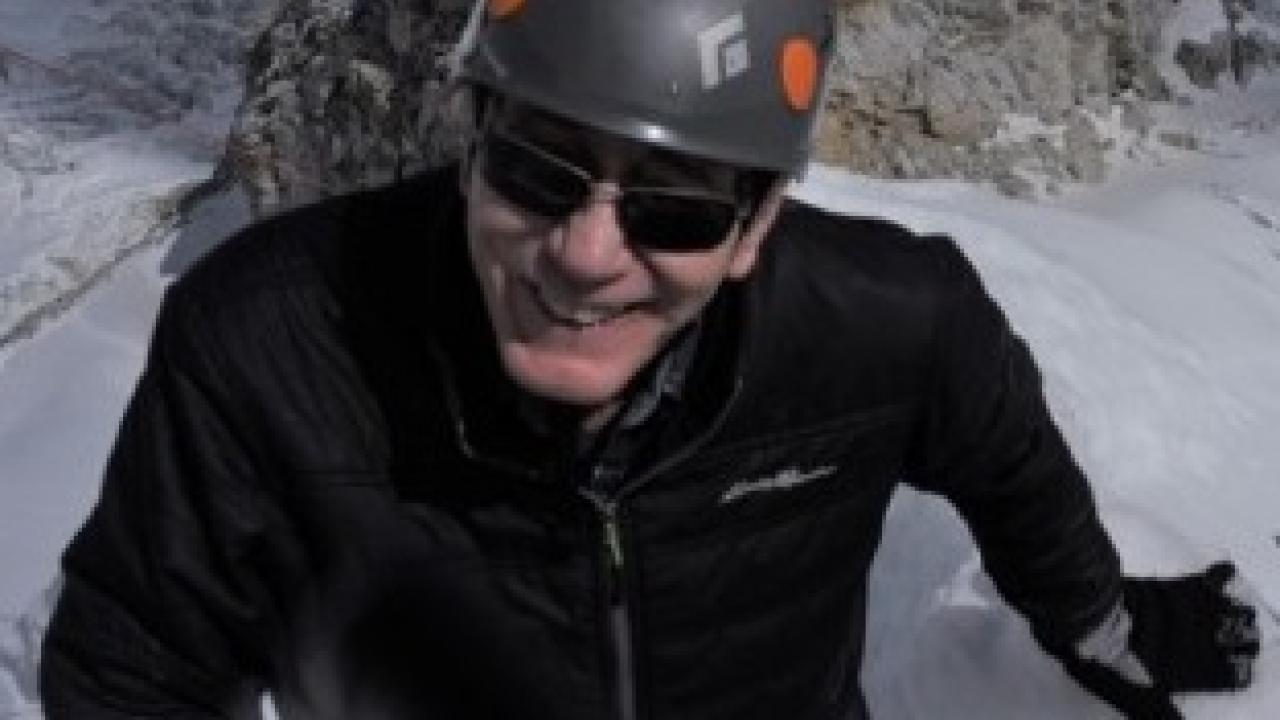The Ice Core Paleoclimatology group in the Byrd Polar and Climate Research Center has a distinguished history of conducting cutting edge science and has propelled ice coring out of the polar regions and up to ice fields covering the highest tropical and subtropical mountains. Lead by Professors Lonnie Thompson and Ellen Mosley-Thompson, the group aims to acquire a global array of ice cores providing high resolution climatic and environmental histories that contribute to our understanding of the complex interactions with the Earth's coupled climate systems. The ice core records from Antarctica, Bolivia, China, Greenland, Peru, Russia, and the United States contribute prominently to the Earth's paleoclimate record, the ultimate yardstick against which the significance of present and projected anthropogenic effects will be assessed.
Ice Core Paleoclimatology

Collected cores are analyzed for mineral dust to detect droughts; isotopes that indicate temperature changes; black carbon and trace elements to determine whether fires like the ones burning in the Amazon this year are part of the historical record; greenhouse gases to see how their concentrations in the atmosphere have changed over time; pollen to track vegetation changes; and microbes to determine how they have evolved over the last 20,000 years.
Because of their ice core work, climate scientists around the world now know that climate change could have devastating effects on vulnerable people in the Andes Mountains and the Tibetan Plateau region. Their research has shown that glaciers in both parts of the world are melting more rapidly than at any point in the past 6,000 years, which could have serious repercussions for the water supply in parts of Peru, Pakistan, China, India and Nepal. Data sets are available on the World Data Center for Paleoclimatology's Ice Core Search Engine.
Byrd Polar's Education and Outreach team created a comprehensive lesson plan designed to provide K-12 students with a simulation of the process that scientists use when analyzing ice cores.

Lonnie Thompson and Ellen Mosley Thompson
Distinguished University Professor, School of Earth Sciences and Distinguished University Professor of Geography